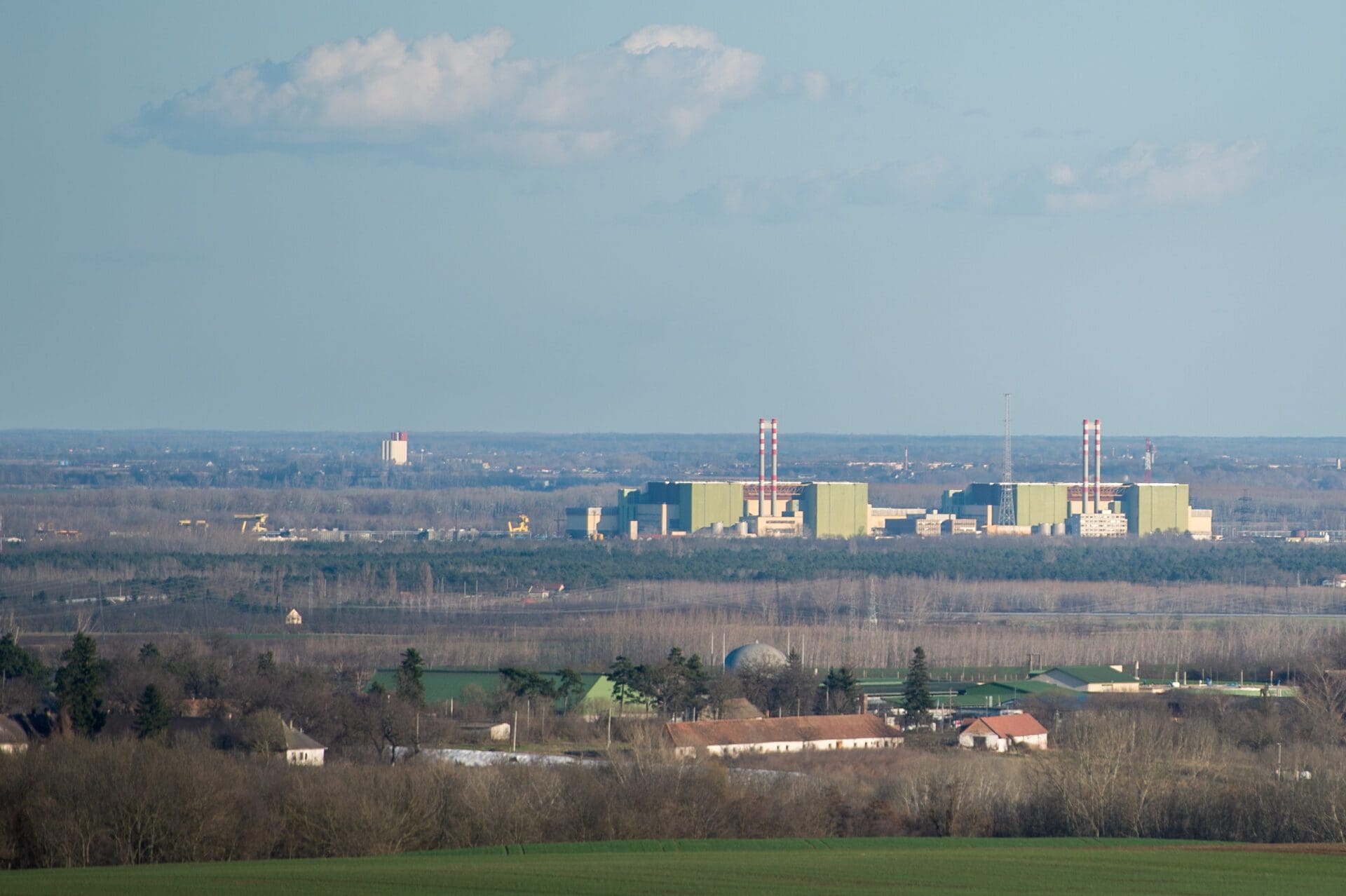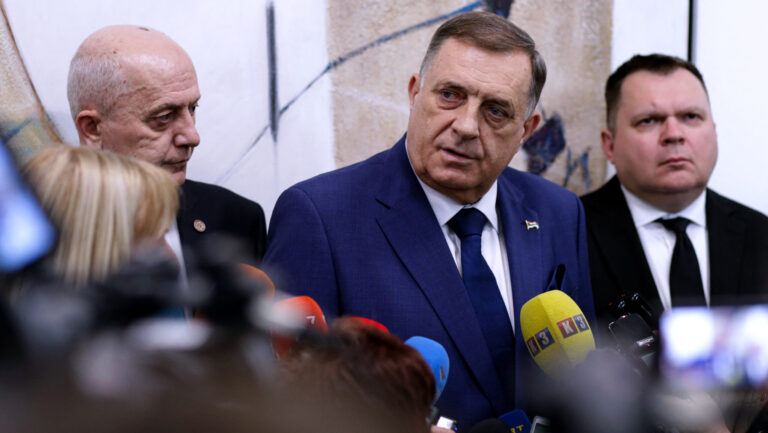‘The Paks expansion is the largest greenfield investment in the history of Hungary,’ pointed out Péter Szijjártó, Hungarian Minister of Foreign Affairs and Trade, on Monday in Sochi, Russia.
A statement from the Ministry of Foreign Affairs says that in his live stream from the 12th International Forum ATOMEXPO-2022, taking place in Sochi, Russia, the minister spoke about the importance of the Paks expansion, emphasizing that in the future, only the countries that can produce a significant part of the energy they use will be safe.
In the case of Hungary, due to a lack of own resources, this is only possible through nuclear energy: the planned two new nuclear power units will more than double the current capacity of the Paks plant and will thus secure the electricity supply of Hungary and the preservation of the achievements of the utility cost reduction programme in the long term, stressed Mr Szijjártó.
‘Our plan and goal is still to have the two new units completed by 2030, which can practically only be hindered by external factors,’
highlighted the minister. He reminded that Hungary has so far ‘managed to avoid the sanctions—during the debates on all eight packages, we made it clear that nuclear energy cannot be included… However, it appears that there are countries and authorities that still want to be more Brussels-like than Brussels itself, and they overachieve a little’, he emphasized.
Mr Szijjártó cited as an example the German export agency, which has not yet approved the export of the control technology for the new Paks units, while the same has already been done in the case of the French consortium partner in Paris.
‘I sincerely hope that no European country will jeopardize this investment,’
the minister responded to a question. He stressed that today the security of energy supply is a matter of national security and national strategy, as well as of sovereignty.
Mr Szijjártó called on all actors, including EU institutions, European banks and European governments, to respect the fact that the sanctions do not apply to nuclear energy, and not to hinder the Hungarian nuclear investment, which is of critical importance for the security and affordability of the country’s long-term energy supply.
The minister remarked that there are so-called green NGOs that are well organized and well-funded,
and they consider it their mission to somehow try to prevent nuclear projects.
He added that it should be acknowledged that ‘those who act against nuclear energy, on the one hand, are acting against common sense, and, on the other hand, are making European security of supply and affordable energy services impossible in the long term. At the same time, they are going against green goals.’ In fact, with regard to the latter, he pointed out that the Paks nuclear power plant currently prevents the emission of 14.5 million tons of carbon dioxide per year, and with the expansion, this will increase by another 17 million tons. In addition, about four billion cubic metres less natural gas will have to be used per year. He nailed down that nuclear energy is the cheapest, most reliable, most environmentally friendly and safest way to produce energy.
‘All who deny this do so solely for ideological and political reasons; on the basis of common sense, it is not really possible to attack nuclear energy,’ said Mr Szijjártó.
In addition, the minister announced that he had also had a meeting with Alexey Likhachev, the CEO of Rosatom, reviewing the status of the investment, which, according to him, is making good progress. The preliminary security protocol related to the implementation permit has already been submitted, and soil extraction is also progressing as planned. The next step will be the submission of the excavation permit for the entire construction site. He reiterated that the Paks expansion is the largest greenfield investment in Hungary’s history worth more than 12 billion euros, which will create around ten thousand new jobs.
Click here to read the original article








